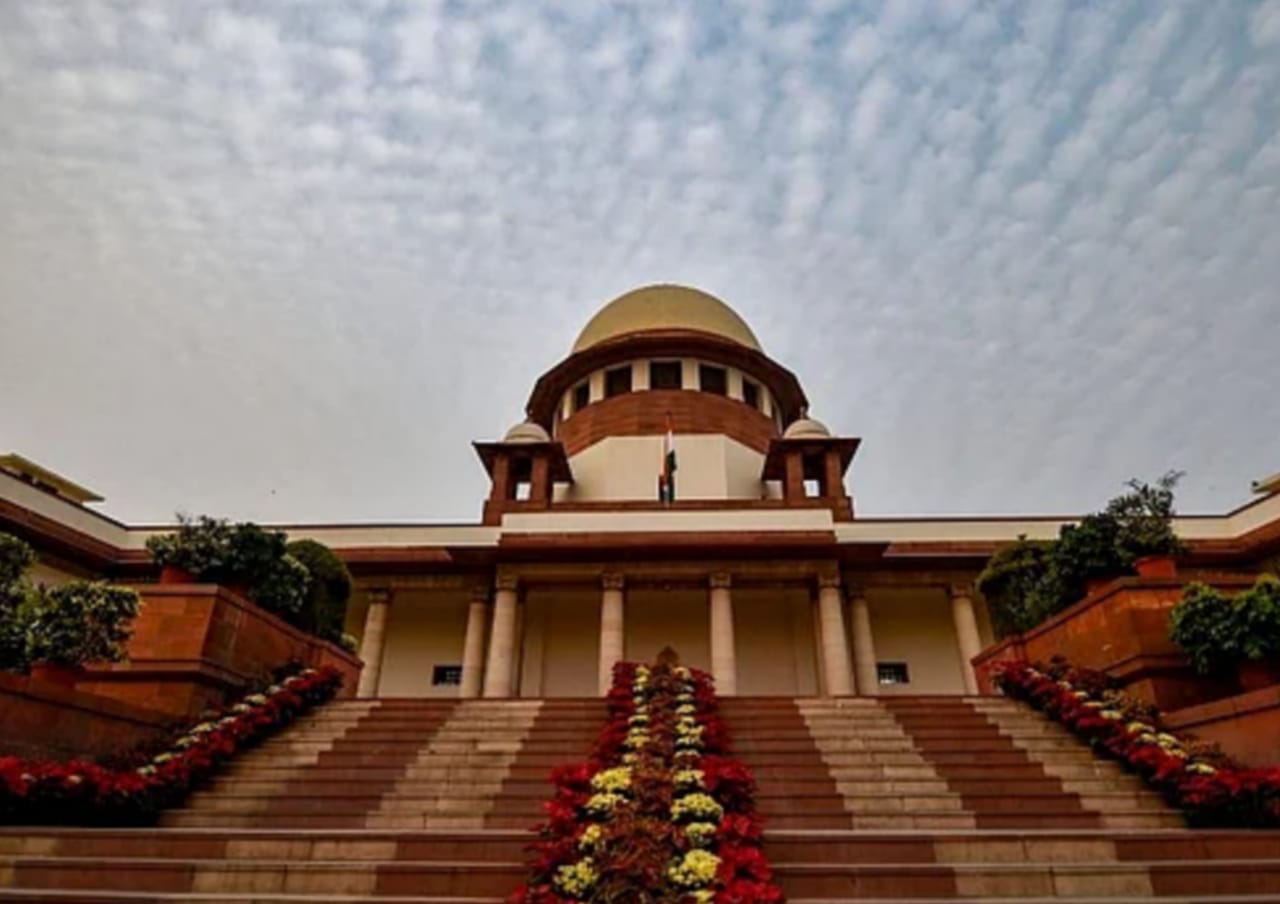
New Delhi:
In a landmark decision reinforcing constitutional protections against custodial torture, the Supreme Court on Monday ordered a Central Bureau of Investigation (CBI) probe into the alleged custodial abuse of Jammu and Kashmir police constable Khursheed Ahmed Chauhan. The Court also directed the Union Territory of Jammu and Kashmir to pay ₹50 lakh in compensation to Chauhan, citing a grave violation of his fundamental rights.
The bench, comprising Justices Vikram Nath and Sandeep Mehta, delivered the ruling while hearing an appeal filed by Chauhan, who challenged a Jammu and Kashmir High Court decision that had refused to quash a FIR lodged against him under Section 309 of the Indian Penal Code (attempt to commit suicide).
Chauhan claimed that during his six-day unlawful detention at the Joint Interrogation Centre (JIC) in Kupwara from February 20 to 26, 2023, he was the victim of inhuman torture.
During his time in police custody, he claimed to have experienced severe physical abuse and to have had his private parts mutilated. The Supreme Court noted that permitting the continuation of criminal proceedings against Chauhan would be a "travesty of justice," overturning the High Court's decision.
The Court strongly denounced the violence in custody and mandated that the police officers who were allegedly involved in the abuse be arrested right away. It mandated that the CBI finish the investigation within three months of filing the FIR and set a one-month deadline for the arrests.
The Court directed the CBI to look into "systemic issues" at the Kupwara Joint Interrogation Center in addition to determining personal accountability. The bench emphasized the necessity of investigating whether any structural or institutional shortcomings fostered an atmosphere of impunity that permitted such heinous transgressions.
According to the ruling, "the Court cannot stand by and watch as acts of cruelty and lawlessness are committed in the name of national security." "Custodial torture is a fundamental aspect of constitutional democracy that requires prompt and decisive action."
Legal experts have described the order as a major step toward enhancing law enforcement agencies' accountability and preserving the Constitution's guarantees of human rights. The case is probably going to have a big impact on how custodial procedures are handled in areas that are prone to conflict.
The Supreme Court's ruling to guarantee criminal accountability in addition to restitution demonstrates its strong position against custodial abuse and its zero tolerance policy for infractions, even by state employees.
The comprehensive written ruling, which is anticipated to be uploaded soon, will shed more light on the extent of the CBI's authority in this particular case.